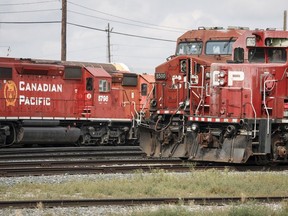The oil and gas industry generates a staggering amount of excess methane, to the point where it’s often cheaper for producers to burn it off rather than capture and sell it. This process is called flaring, and it has significant environmental consequences.
The Scale of the Problem
Methane is a potent greenhouse gas, with an global warming potential 28 times higher than carbon dioxide over a 100-year time frame. According to the Environmental Defense Fund (EDF), the oil and gas industry in the United States alone releases around 13 million tons of methane into the atmosphere each year.
The Cost of Flaring
Flaring is often seen as a cost-effective way for producers to dispose of excess methane. However, it’s estimated that flaring can result in losses of up to $1.4 billion per year due to wasted natural gas. Additionally, flaring can also have significant environmental impacts, including air pollution and the destruction of ozone-depleting chemicals.
The Need for Change
The oil and gas industry must take steps to reduce methane emissions and make more efficient use of its resources. This can be achieved through a combination of new technologies, better operational practices, and government regulations.
The Role of Technology
New technologies are being developed to help capture and utilize excess methane. For example:
- Methane capture systems: These systems can capture methane from production facilities and compress it for sale or use as fuel.
- Carbon capture and storage (CCS): CCS technology captures carbon dioxide emissions from power plants and industrial processes, then stores them underground.
Government Regulation
Governments must play a role in regulating the oil and gas industry to reduce methane emissions. This can include:
- Methane emission standards: Governments can set strict standards for methane emissions from production facilities.
- Incentives for best practices: Governments can offer incentives for producers that adopt best practices for reducing methane emissions.
The Future of Methane Management
As the oil and gas industry continues to evolve, it’s clear that methane management will become a critical issue. Producers must prioritize reducing emissions and utilizing resources more efficiently. With the help of new technologies and government regulations, it’s possible to create a more sustainable future for the oil and gas industry.
Related Articles
- The Impact of Methane on the Environment
- New Technologies for Capturing Excess Methane
- Government Regulation of Methane Emissions



